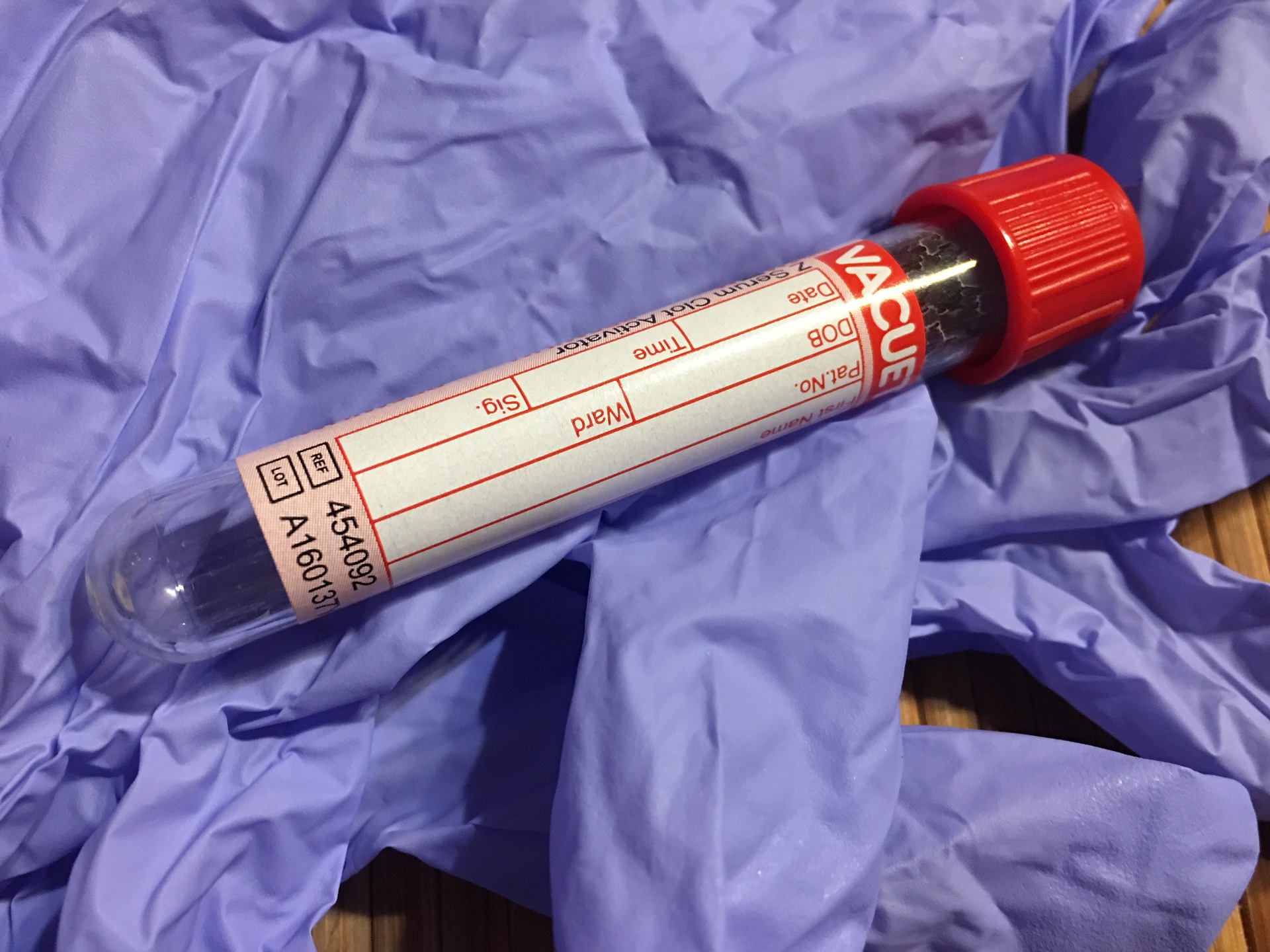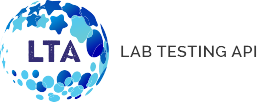
Blood tests are often recommended by your doctor to see how your body is working. Blood tests also help doctors check for certain health conditions and diseases. They can also be used to check the proper functioning of your organs and show the effectiveness of treatments given.
More specifically, blood tests help health care practitioners in (1,2)
*Disclaimer: Blood tests can indicate your risk of having heart disease or other health conditions/diseases, but often other confirmatory tests are supplemented to diagnose and further confirm the specific diseases.
Lab Testing API offers a range of blood tests that an individual can order themselves at discounted rates, and all lab orders include a physician’s order.
When you order your blood test through Lab Testing API, you may search for the required test or you may check the lab testing categories available on our website. Each test has its specific test instructions, including fasting instructions for your convenience. It can be found under the “Testing Info” section of each test.
A blood test may not be a pleasant experience for many, but it is an important part of standard and preventive health care. There are multiple things one can do, or avoid, to get the most accurate blood test results.
Usually, no special preparation is required for most of the blood tests. Few blood tests may require fasting for 8 to 12 hours before the blood draw.
Your doctor/lab may recommend that you fast to make sure your test results are accurate and more reliable. There are various nutrients and components like vitamins, minerals, fats, carbohydrates, and proteins that make up your food and beverages. Once they get consumed in the bloodstream, they can influence the blood-level readings and interpretations, thus skewing the overall results of your test.
The few Blood tests that require fasting are
In addition to that, many other tests require fasting, and you are thereby recommended to consult your doctor before the blood draw.
Drinking enough water before a blood test is always recommended. It is significant to keep drinking plenty as water helps hydrate veins which are thus easier to find. Moreover, drinking water may thin the blood viscosity which allows blood to flow easier. Your phlebotomist will struggle less to draw the blood. In some surgical procedures, an empty stomach is required. It is therefore recommended that one should thoroughly consult their doctor or testing lab before taking any blood test.
Working out before certain blood tests may affect the final outcomes and it is usually recommended that your blood is taken in a rested state.
A bout of exercise can change the hydration levels of your body cells. An unbalanced level of fluids tends to show altered levels of Red blood cells (RBCs). Additionally, exercise may also cause an increase in plasma volume in the resting state which will be reflected in the form of lower hematocrit and hemoglobin levels in complete blood count (CBC) results (3).
Exercise may also affect lipids or total blood cholesterol levels. According to one such study, it is found that though short-term and irregular exercise did not affect lipid /cholesterol values, vigorous physical activity for more than three days has a positive and significant effect on high-density lipoprotein (HDL) cholesterol and triglyceride.
Another study by Arakawa et al. (2016) divulged that a short session of exercise may increase the AST (aspartate aminotransferase) levels. Measuring accurate levels of this enzyme is crucial in evaluating the proper liver function. The study also shows that high-intensity exercise may result in an upsurge of glucose production (GU) in the body, which may be reflected in high sugar levels.
Smoking and chewing tobacco should also be avoided before a blood test. These substances contain Nicotine, a highly addictive substance, and research shows that higher nicotine levels are associated with abnormal results in RBC, Leukocytosis (TLC), and platelet counts in routine Complete blood count (CBC) testing (4). Additionally, if one is asked to fast before the blood test, it is always recommended not to smoke.
Blood tests are the structured process to figure out various types of abnormalities, but they are quite easy to alter. Alcohol intake is one such factor that may skew the blood test results. Patients are usually advised to avoid alcohol intake a night before any medical test or procedure. Also, it is always recommended to those who have recently consumed alcohol prior to a blood test to discuss the matter with their physician to determine if the test should be postponed. Additionally, if your lab or doctor requests you to fast before a blood test, you should also refrain from drinking alcohol.
The advice for medications is “you should talk to your doctor about what medicines you’re taking before your blood draw”. There are certain medicines that may alter your blood test results, like steroids, which can increase blood cholesterol levels. The doctor should be aware of the steroid intake before the blood draw (5). On the other hand, if one is on prescribed regular medication, they shouldn’t avoid it unless they have been advised by their health care practitioner to do so.
The content is purely informational, and it should not be considered as medical advice or a doctor’s recommendation.
Written by Dr. Shikha Sharma, Reviewed by Dr. Harshi Dhingra
